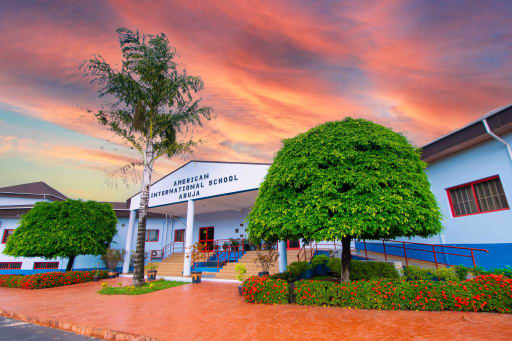How American International School Abuja Shapes Global Citizens Through the U.S. Curriculum

At AISA in Abuja, students from more than 40 nationalities follow a U.S.-standards-based curriculum in an environment designed to develop not just academic excellence, but also global awareness, leadership and lifelong learning.
Quick Insight: The American curriculum at AISA isn’t just about textbooks and tests — it’s about equipping students with skills to thrive in a global, interconnected world.
1. Foundations of the U.S. Curriculum at AISA
• The school uses U.S.-based standards (Common Core, AERO) for English, mathematics and social studies.
• Instruction is delivered in English across all grades, with strong support for students whose first language is not English.
• From preschool through Grade 12, AISA ensures consistency in approach: core subjects, technology integration, global perspectives and preparation for top universities.
2. Developing Global Citizens
• AISA’s student body is richly diverse, bringing together many cultures, languages and nationalities — offering a lived experience of global citizenship.
• The curriculum emphasises skills such as critical thinking, communication across cultures, collaboration and responsible leadership.
• With after-school clubs, Model UN, service-learning and global competitions, students are encouraged to engage beyond the classroom and make meaningful contributions locally and internationally.
3. Preparing for the Future
• High School at AISA offers U.S. diploma pathways, Advanced Placement (AP) courses and university counselling — enabling students to aim for major universities worldwide.
• The curriculum doesn’t just transmit knowledge — it builds lifelong learners who can adapt, innovate and lead in changing times.
• For students in Nigeria and across the region, AISA stands as a model of how international standards and local relevance can combine to lift educational outcomes.
Final Thoughts
AISA in Abuja shows how a U.S. curriculum can be tailored for a dynamic, international context — producing graduates who are academically prepared, globally minded and ready to succeed in an interconnected world. For parents, educators or students exploring international education options, the message is clear: look for programs that combine rigorous standards with global perspective, and you’ll find the kind of education that works beyond borders.
Tip: If you’re considering an international school in Nigeria, ask: “How does the curriculum prepare students for global universities and careers?” and “What opportunities exist for leadership, service and cross-cultural engagement?” The right school will answer both.
